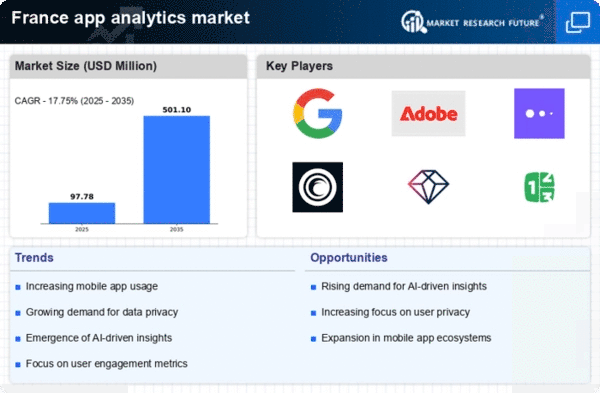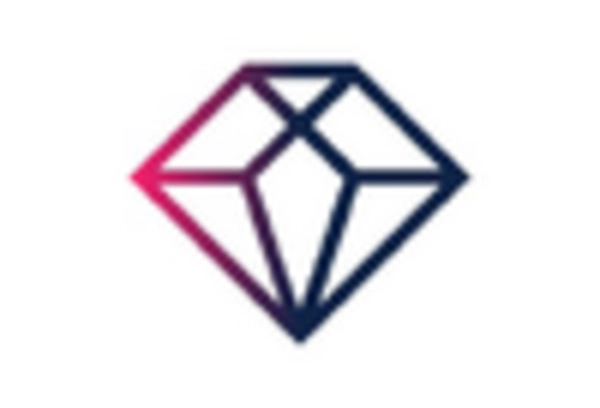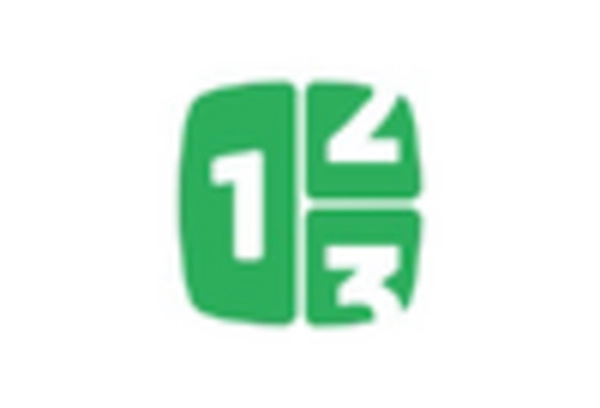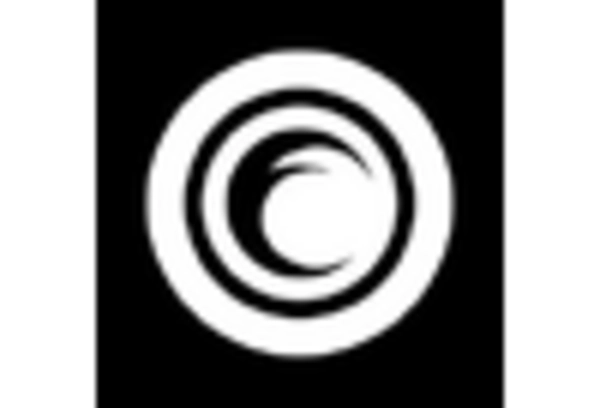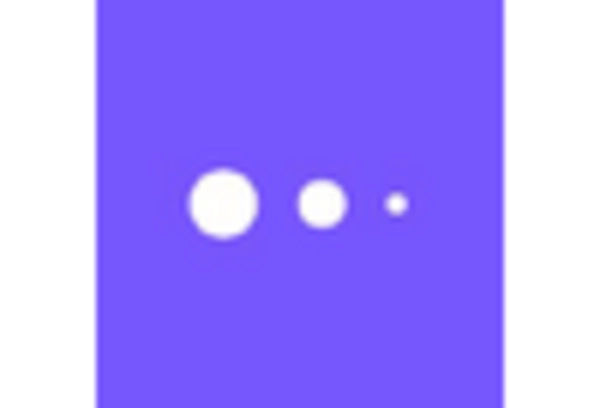Rising Mobile App Usage
The increasing adoption of mobile devices in France is driving the app analytics market. As of 2025, mobile app usage has surged, with over 80% of the population engaging with various applications daily. This trend necessitates robust analytics tools to understand user behavior and preferences. Businesses are leveraging app analytics to enhance user experience, optimize marketing strategies, and increase retention rates. The app analytics market is witnessing a shift towards more sophisticated analytics solutions that can provide real-time insights. Companies are investing in these tools to stay competitive, as data-driven decision-making becomes essential in a saturated market. The demand for actionable insights is likely to propel the growth of the app analytics market in France, as organizations seek to maximize their return on investment.
Evolving Consumer Expectations
Consumer expectations in France are evolving rapidly, influencing the app analytics market. Users now demand personalized experiences, which compels businesses to utilize analytics tools to gather and analyze user data effectively. The app analytics market is responding to this demand by offering solutions that enable companies to track user interactions and preferences. As a result, businesses can tailor their offerings to meet the specific needs of their audience. This trend is particularly evident in sectors such as retail and entertainment, where personalized recommendations can significantly enhance user engagement. The ability to adapt to changing consumer expectations is crucial for businesses aiming to thrive in the competitive landscape of the app analytics market.
Regulatory Compliance and Data Security
In France, regulatory compliance and data security are paramount concerns for businesses, significantly impacting the app analytics market. The implementation of stringent data protection laws, such as the General Data Protection Regulation (GDPR), has compelled organizations to adopt analytics solutions that prioritize user privacy. The app analytics market is witnessing a surge in demand for tools that ensure compliance while providing valuable insights. Companies are increasingly investing in analytics platforms that offer robust security features, enabling them to collect and analyze data without compromising user trust. This focus on regulatory compliance is likely to shape the future of the app analytics market, as businesses seek to balance data-driven strategies with ethical considerations.
Growth of E-commerce and Digital Services
The expansion of e-commerce and digital services in France is a significant driver of the app analytics market. As online shopping continues to gain traction, businesses are increasingly relying on app analytics to understand consumer behavior and optimize their digital platforms. The app analytics market is experiencing heightened demand for tools that can analyze user interactions across various touchpoints, from mobile apps to websites. This trend is particularly relevant in the retail sector, where companies are leveraging analytics to enhance customer journeys and improve conversion rates. The growth of e-commerce is expected to fuel further investment in app analytics solutions, as businesses strive to remain competitive in a rapidly evolving digital landscape.
Emergence of Advanced Analytics Technologies
The emergence of advanced analytics technologies is reshaping the app analytics market in France. Innovations such as predictive analytics and real-time data processing are becoming increasingly accessible to businesses of all sizes. These technologies enable organizations to gain deeper insights into user behavior and market trends, thereby enhancing their decision-making processes. The app analytics market is witnessing a shift towards more sophisticated analytics solutions that can provide actionable insights in real-time. As companies recognize the value of data-driven strategies, the demand for advanced analytics tools is likely to grow. This trend suggests a promising future for the app analytics market, as businesses seek to leverage technology to gain a competitive edge.


